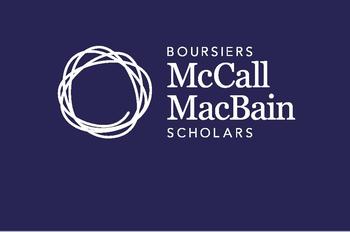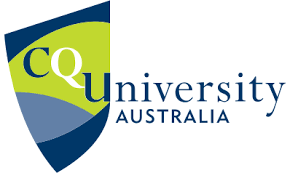Description
For international, Canadian, and US students, the McCall MacBain scholarship at McGill University fully funds a master’s or professional degree program. Up to 30 full scholarships and 100 entrance awards will be available. You can submit an application for the McCall MacBain Scholarship in 2023 if you intend to enroll in a full-time master’s or second-entry professional degree program at McGill University in the summer or autumn of 2024. The costs will all be covered. This is a fantastic opportunity for you to start your studies in Canada on a full scholarship.
Brief Information About McCall MacBain Scholarships
- Degree: Masters
- Provided by: McCall MacBain Scholars, Canada
- Deadline: 24 Aug 2023
- Scholarship value: Full Funding, tuition fees + living allowance + relocation grant
- Location: Canada
Master’s Degree Programs:
- MA (Arts),
- MArch (Architecture),
- MATL (Arts in Teaching and Learning),
- MBA (Business Administration),
- MEd (Education),
- MEng (Engineering),
- MISt (Information Studies),
- MM (Management),
- MMus (Music),
- MPP (Public Policy),
- MSc (Science),
- MSc (Science, Applied),
- MScAPT (Science, Applied in Physical Therapy),
- MScAOT (Science, Applied in Occupational Therapy),
- MSW (Social Work),
- MUP (Urban Planning),
- LLM (Law),
- STM (Sacred Theology)
Undergraduate Degree Programs:
- BCL/JD (Law),
- DMD (Dentistry),
- MDCM (Medicine)
Benefits of McCall MacBain Scholarships
- A $2,000 monthly stipend to cover living costs during the semester.
- Additionally, education expenses Coverage.
- A one-time relocation payment for moving to Montréal. a plane ticket, as in the case of overseas candidates.
Eligibility Criteria For Canadian Scholarships
- Academic module with an IELTS (International English Language Testing System) band score of 6.5 or higher.
- TOEFL IBT: A minimum score of 20 in each of the four component areas, for a total score of 86.
- You may submit an application if you are a student and may earn your undergraduate degree by August 2024.
- You earned your first bachelor’s degree during the last five years (no earlier than January 2018), when you graduated.
- You will be 30 years old or younger in 2023, and more than five years will have passed since you received your first bachelor’s degree.












